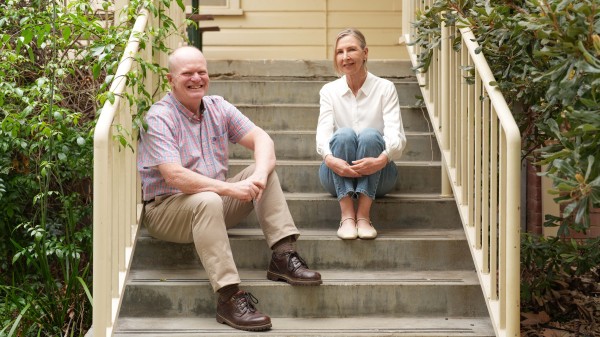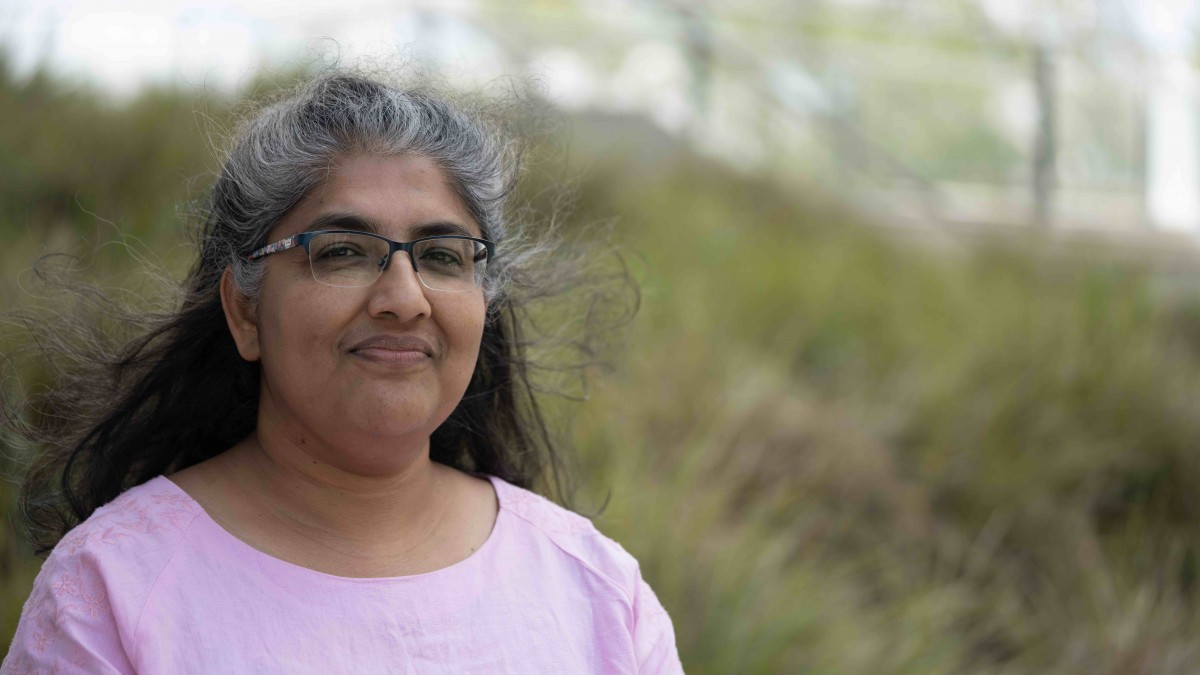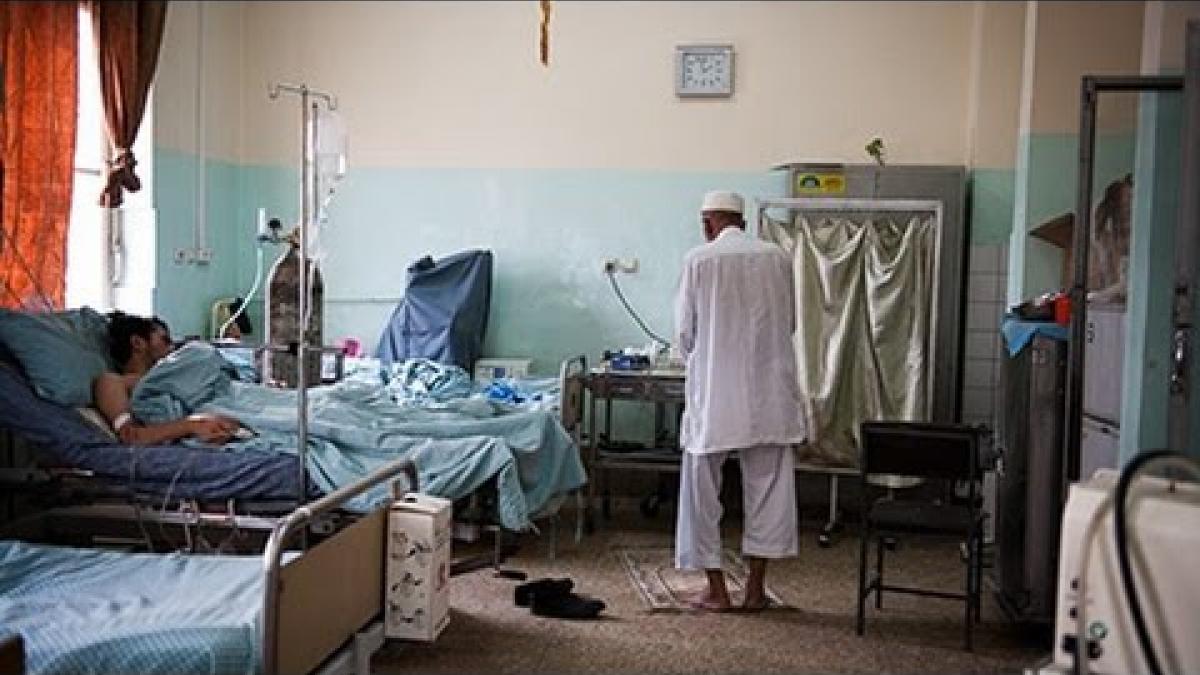Dr Kamalini Lokuge, from the ANU Research School of Population Health, has 25 years of experience in high-risk epidemics. She has worked in outbreaks of Ebola, Lassa fever and avian flu, and according to the New York Times, was one of the first epidemiologists to draw attention to the scale of the Ebola outbreak in west Africa in 2014.
Over the years, she has been interviewed regularly about these experiences because back here in Australia, people have always been interested to hear these stories, of unimaginable, faraway threats, and the heroes who put themselves in danger to respond to them.
But pandemics aren’t far away anymore, so now we want to hear a different story from Dr Lokuge. We want her to tell us what to do, and what happens next.
If Dr Lokuge’s stories once sounded to us like something from a Hollywood movie then, by comparison, this one is kind of an anti-climax.
“The thing that stopped Ebola was good public health measures,” she says in a recent interview with ANU Vice-Chancellor Professor Brian Schmidt. "It wasn't a vaccine."
And the same thing can stop COVID-19. Just good, old-fashioned public health measures.
“I say this always because it’s the fundamental truth,” she continues. “It’s an infectious disease with human-to-human transmission, so how we control it is entirely based on how our community responds to it.”
“The disease will spread if it has the opportunity to spread from one person to another. When we don’t have any medical interventions, the way we stop it spreading is stopping the opportunity."
“All of us can understand that. It’s not something that you can only understand if you’re an epidemiologist,” she continues.
“That’s the great thing about infectious diseases: once the community understands that it is the key to control, once they are the most important part of the response, they act according to that knowledge, and you end transmission of infectious diseases.”
What she’s saying is, in this story, you get to be the hero. Just by staying home.
“In the news, you see the stories about the people who decided to have a party,” she says. “You never see stories about all the kids who are staying away from school, and are proud of not going to school, so their friends who have to go to school are protected.
“The vast majority of our community are doing the right thing and that’s what makes me optimistic.”
Dr Lokuge believes that if we combine ongoing self-isolation with increased community testing—including the quarantining of those cases and contacts identified via testing—then we can completely eliminate the disease from the community.
This means we won’t be stuck at home for the period of ‘six to nine months’, as has previously been suggested.
“I don’t know where that [period of time] came from, but I don’t think it’s going to be that long.”
After a career of being thanked for her roles as a medical doctor and epidemiologist in global health crises, Dr Lokuge concludes with a message for us:
“I just want to thank everybody,” she says to us, the community.
And that’s the ending of this story, the one about what happens next. It’s entirely up to us.
For more about the ANU response to COVID-19 visit our information page.










